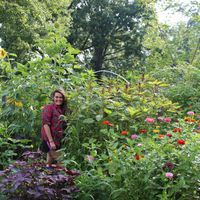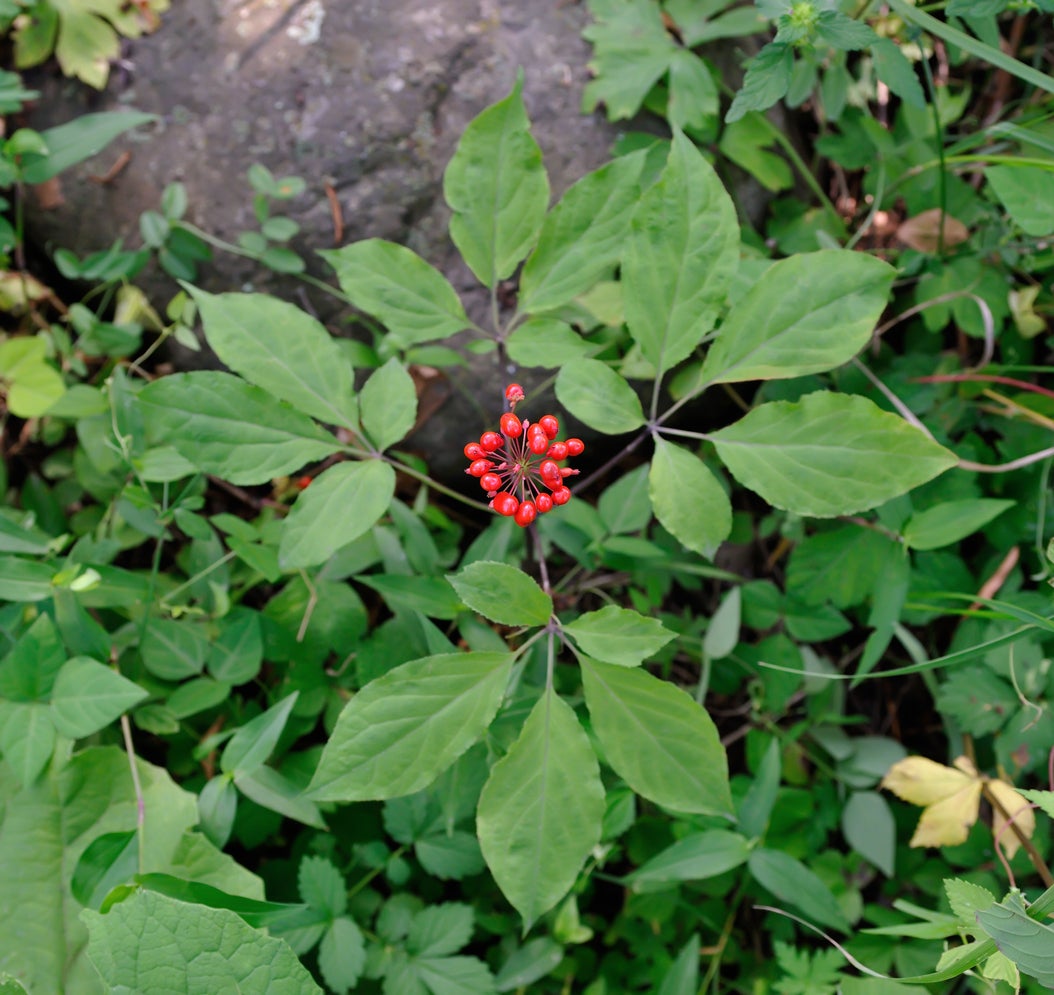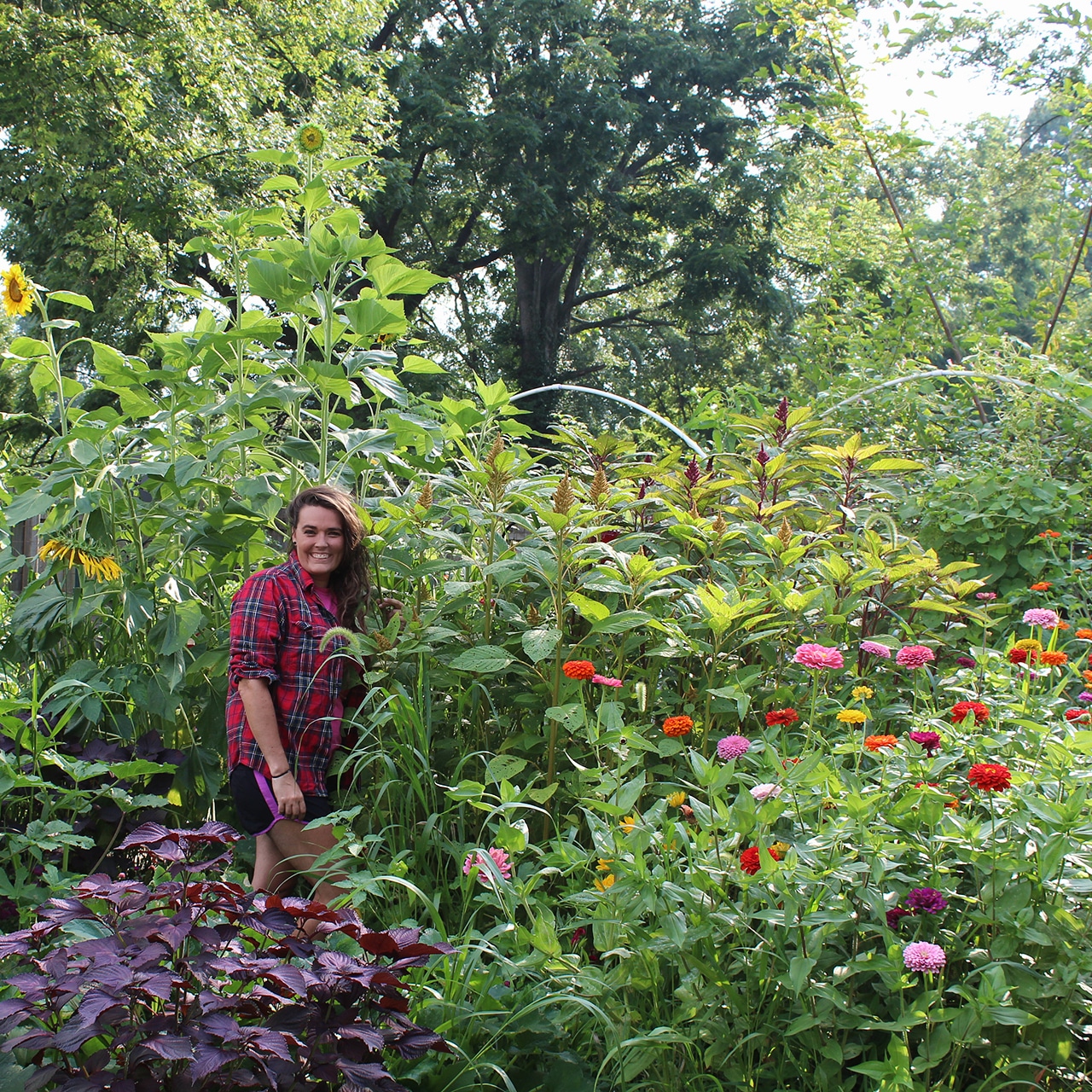Ginseng Fertilizer Needs: Tips For Feeding Ginseng Plants


Sign up for the Gardening Know How newsletter today and receive a free copy of our e-book "How to Grow Delicious Tomatoes".
You are now subscribed
Your newsletter sign-up was successful
With varying rules and regulations in the United States regarding the growing and harvest of ginseng, it is easy to see why this is such a valuable crop. Having both plant and root age restrictions for harvest, growing a marketable crop of ginseng takes several years and ample amounts of patience. Such an investment in time and money may obviously cause growers to begin to wonder if ginseng plants are worth the investment. However, with a little knowledge, ginseng can be a unique and interesting way to occupy unused garden space.
With very specific growing habitats, those wishing to grow their own ginseng must provide ideal conditions to harvest marketable roots. This may lead growers to begin thinking about ways in which they are able to best maximize their crop yields. The establishment of consistent watering and fertilization routines are important to the needs of growing ginseng plants.
How to Feed Ginseng Plants
When it comes to fertilizing ginseng plants, there are several options. These options depend greatly upon the grower’s needs. The general belief is that when growing ginseng, fertilizer should be avoided. Wild simulated ginseng has been proven to be a much more valuable crop.
The process of feeding ginseng plants will be apparent in root growth and, thus, decrease the value of the root. It is for this reason that many growers choose locations that allow nature to nurture the ginseng plants.
For those who do choose to fertilize ginseng plants, research suggests that the plants benefit from fertilization routines similar to those applied to other edible root crops. More organic forms of fertilization include the use of leaves and sawdust, which is applied throughout the winter months when the ginseng plants are dormant.
When choosing to fertilize ginseng plants, growers should use caution. Excessive fertilization or application of nitrogen may cause the ginseng plants to become weakened and become more susceptible to disease.
Sign up for the Gardening Know How newsletter today and receive a free copy of our e-book "How to Grow Delicious Tomatoes".

Tonya Barnett has been gardening for 13 years. Flowers are her passion. She has transformed her backyard into a cut flower garden, which she regularly chronicles on her YouTube channel http://www.youtube.com/@tonyawiththeflowers.